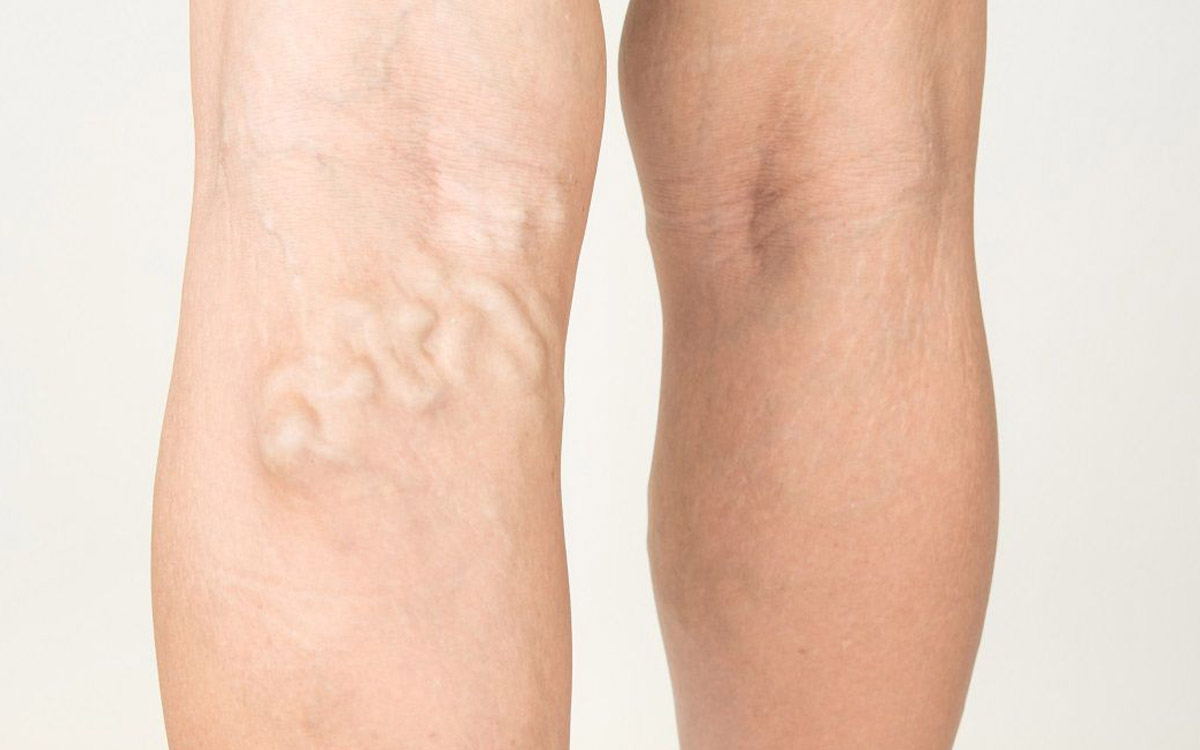Assoc. Prof. Dr. İlker Kiriş
Cardiovascular Surgery

Varicose veins refer to the permanent enlargement or elongation of the veins. Varicose veins, which are mostly observed in the lower leg, are the lateral branches of the superficial veins that become apparent and twisted. Varicose veins manifest themselves only with impaired appearance in the initial stages, but may turn into a painful condition in later ages.
Varicose veins cause two main types of complaints in patients. Firstly; these are complaints that decrease the quality of life of the patient and increase towards the evening, such as leg pain, edema in the legs, heaviness, and legs feeling weighty and cramps. Secondly; capillary varicose veins are likely to be considered visually disturbing by the patients.
Patients with varicose veins complain about their legs feeling heavy and weighty, aching legs, edema in the legs, itching and night cramps, especially when standing and increasing especially towards the evening. The complaints caused by the varicose veins are the disorder that has adverse effects in terms of cosmetic and psychological aspects.
Varicose veins are more common in women than men. Varicose veins are likely to develop depending on different factors. The main factor is genetic predisposition. The probability of varicose veins is higher in people who are prone to familial varicose vein formation. Among other factors are the advanced age, pregnancy, use of birth control pills, obesity, deep vein occlusion (deep vein thrombosis) and structurally venous wall weakness.
Varicose veins are treated mainly to relieve patients' complaints. Besides, untreated varicose veins may grow gradually, causing clot formation in the varicose veins, bleeding from the skin, or accompanying venous insufficiency, which may lead to an ankle wound in the long term.
The patients complaining about varicose veins should first be seen and examined by a Cardiovascular Surgeon. Afterward, the patient should have a leg vein ultrasonography examination. As a result of this examination, the treatment method to be applied is designated. The varicose vein is a visible disease, but an attending physician in Cardiovascular Surgery should be consulted for a detailed diagnosis.
During pregnancy, complaints about venous insufficiency and varicose veins increase for different reasons. Swelling and edema occur in the legs, and the calves feel weighty and aching. Thin capillary varicose veins in the legs, enlarged varicose veins, or the genital area varicose veins may occur.
During pregnancy, the mother is examined, and the leg vein ultrasonography might be performed. Nevertheless, it is advisable not to apply a straining (valsalva) maneuver on the expectant mother to see if there is a backward leakage (venous reflux) in the vein during ultrasonography. Therefore, a healthy evaluation cannot be usually carried out. Besides, it is not appropriate to apply interventional varicose treatments such as surgery, laser, radiofrequency, and foam sclerotherapy during pregnancy.
For these reasons, the expectant mother can be recommended to make some lifestyle changes during pregnancy. The use of compression stockings is advised. Anticoagulant treatment can be considered as a precaution if the expectant mother has very prominent, widespread, and very thick varicose veins and also a history of clots in the vein in the past. While deciding on this treatment, it would be appropriate for the attending physician in Cardiovascular Surgery to exchange ideas with the relevant gynecologist. Furthermore, most varicose veins during pregnancy are temporary. Both the size and the complaints they cause decrease after birth. Therefore, it would be appropriate to reevaluate after birth the expectant mothers who have varicose veins during pregnancy.

